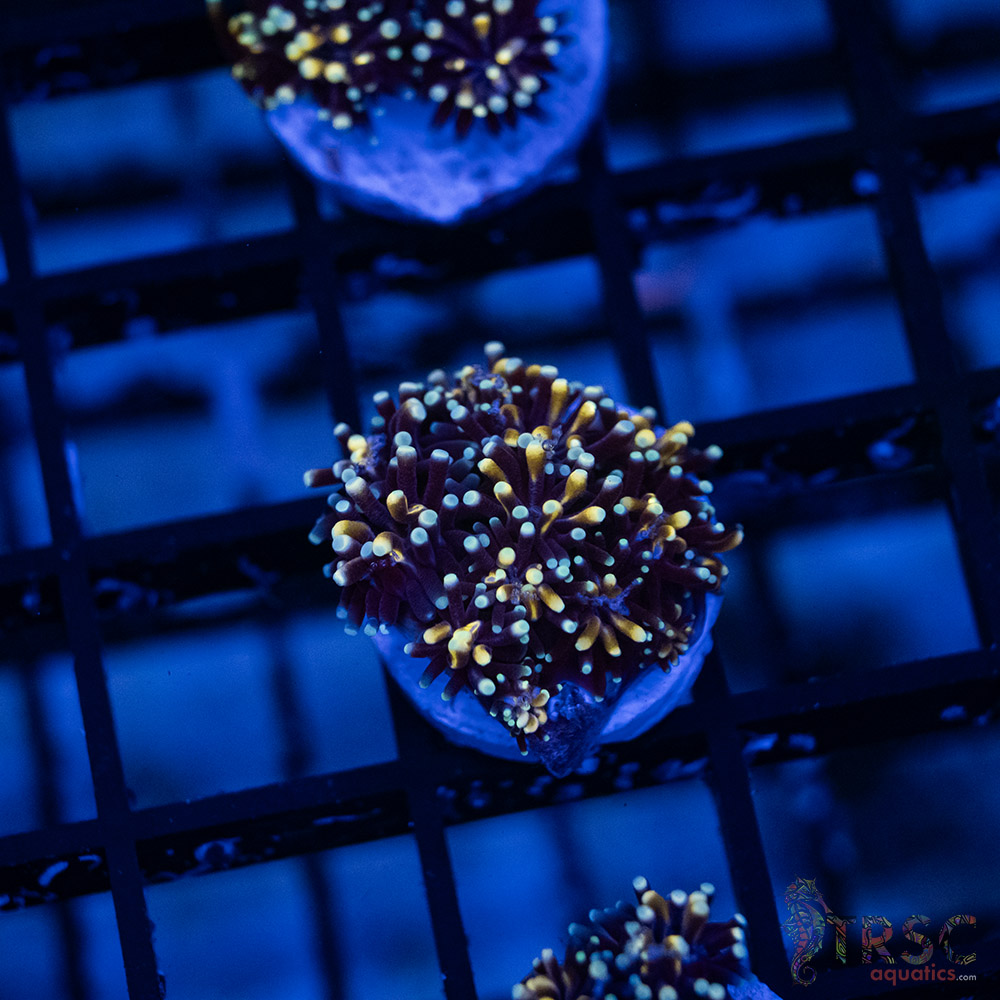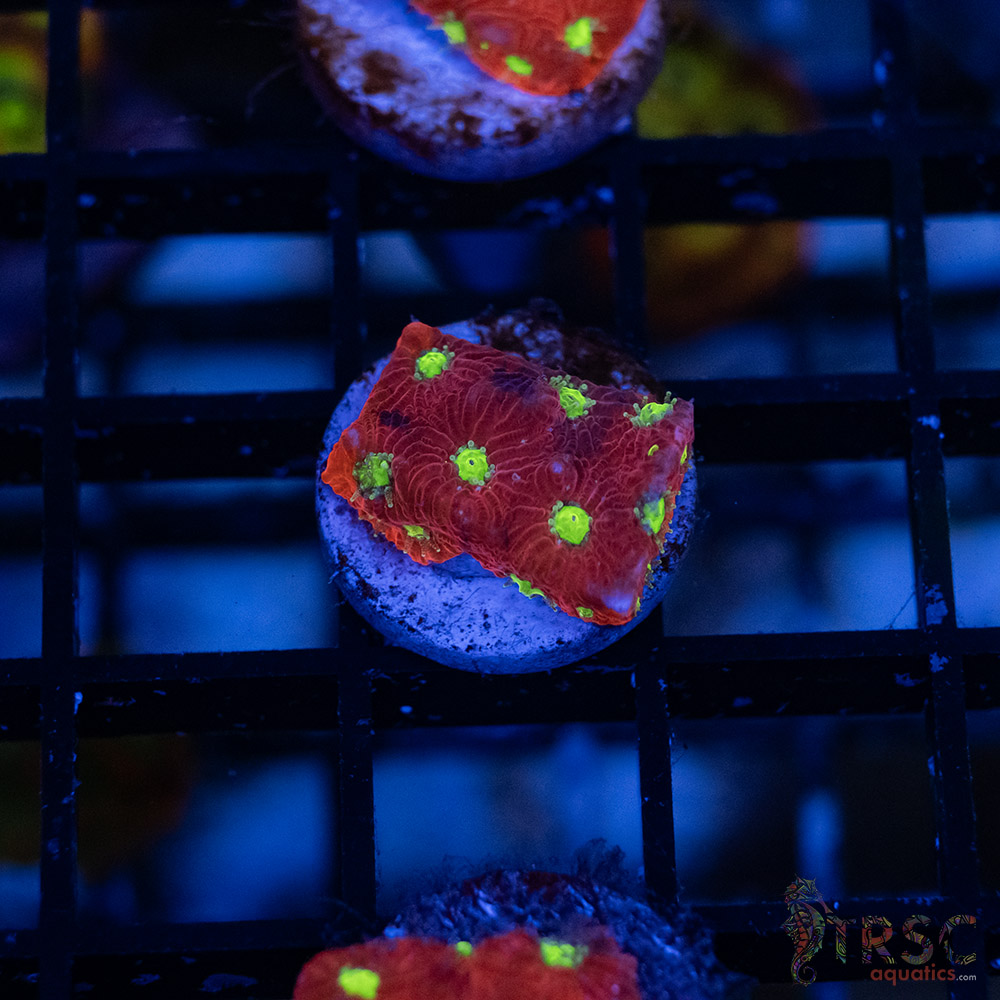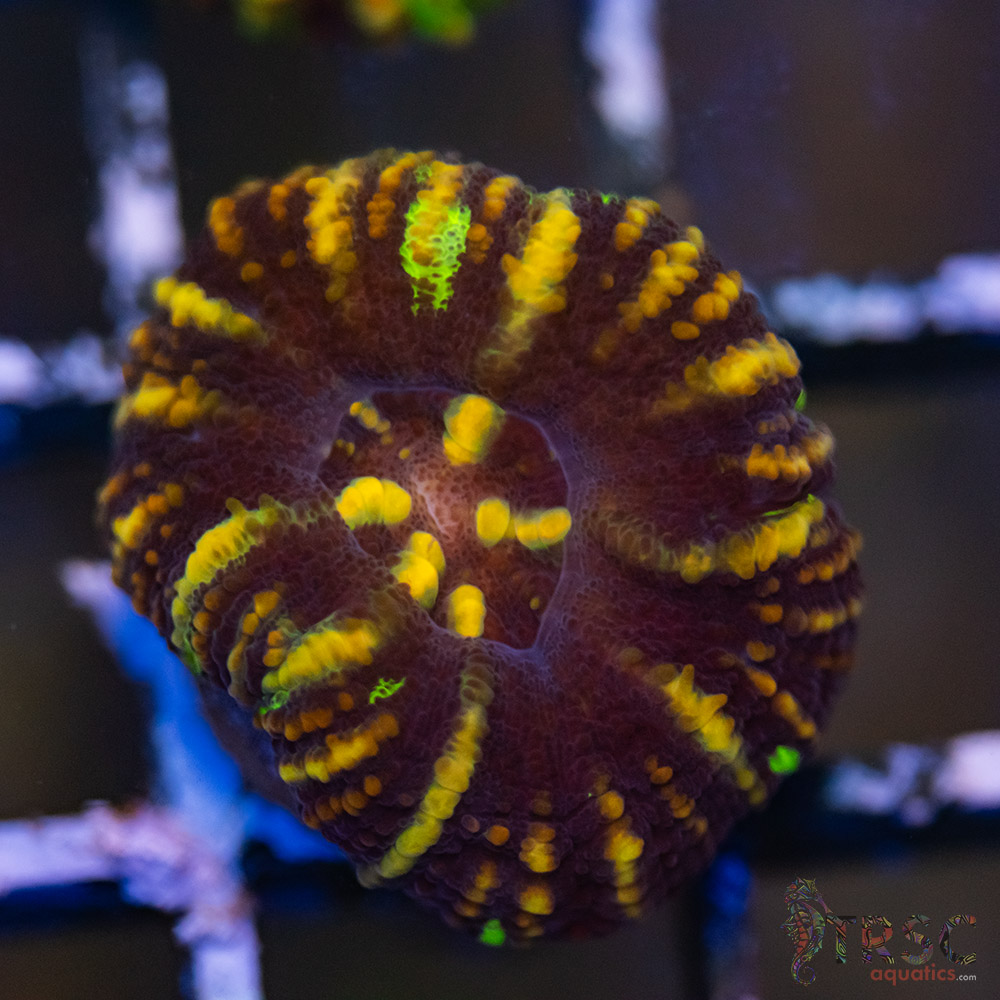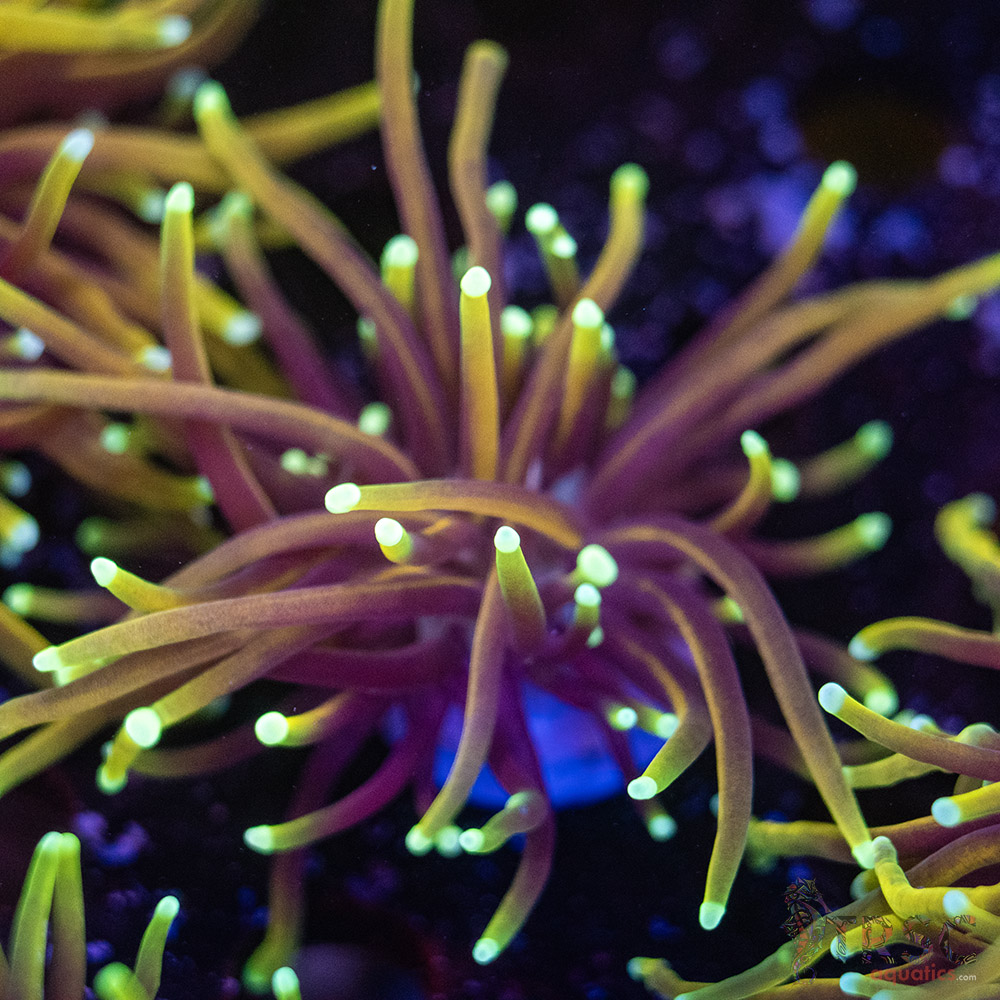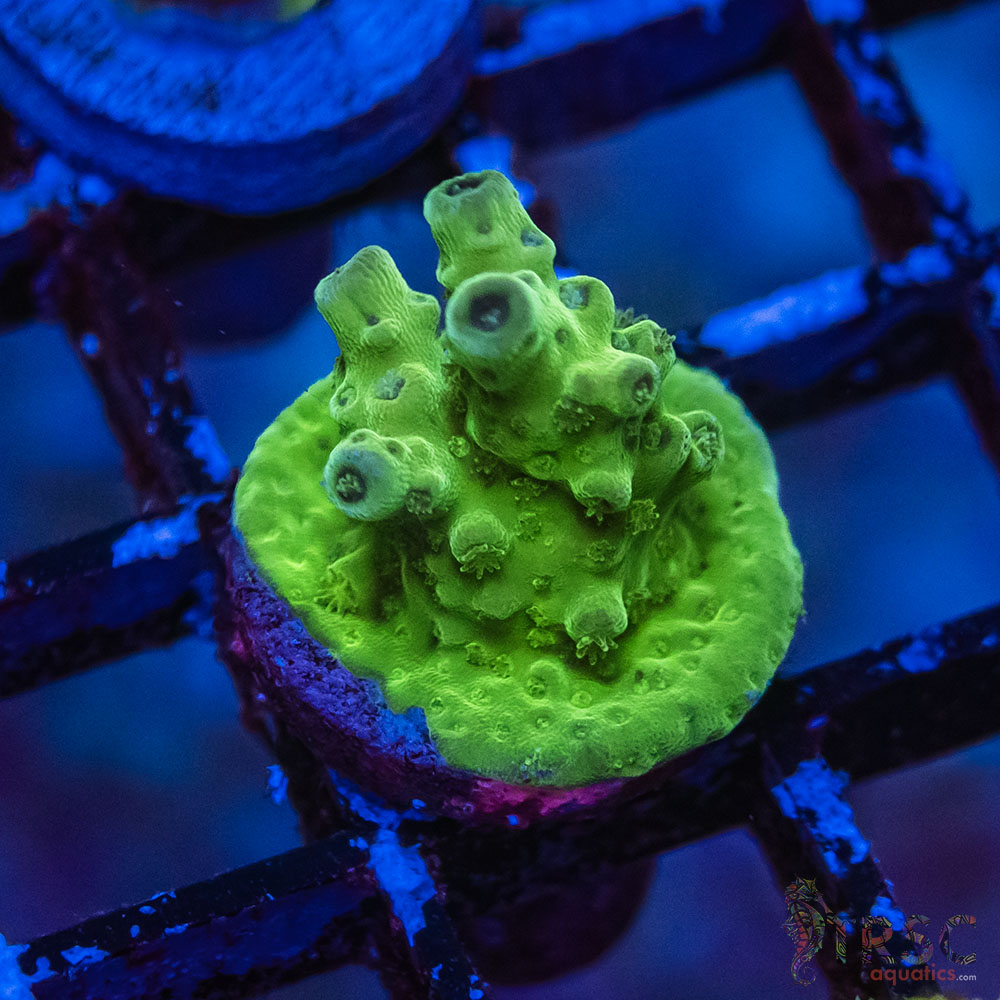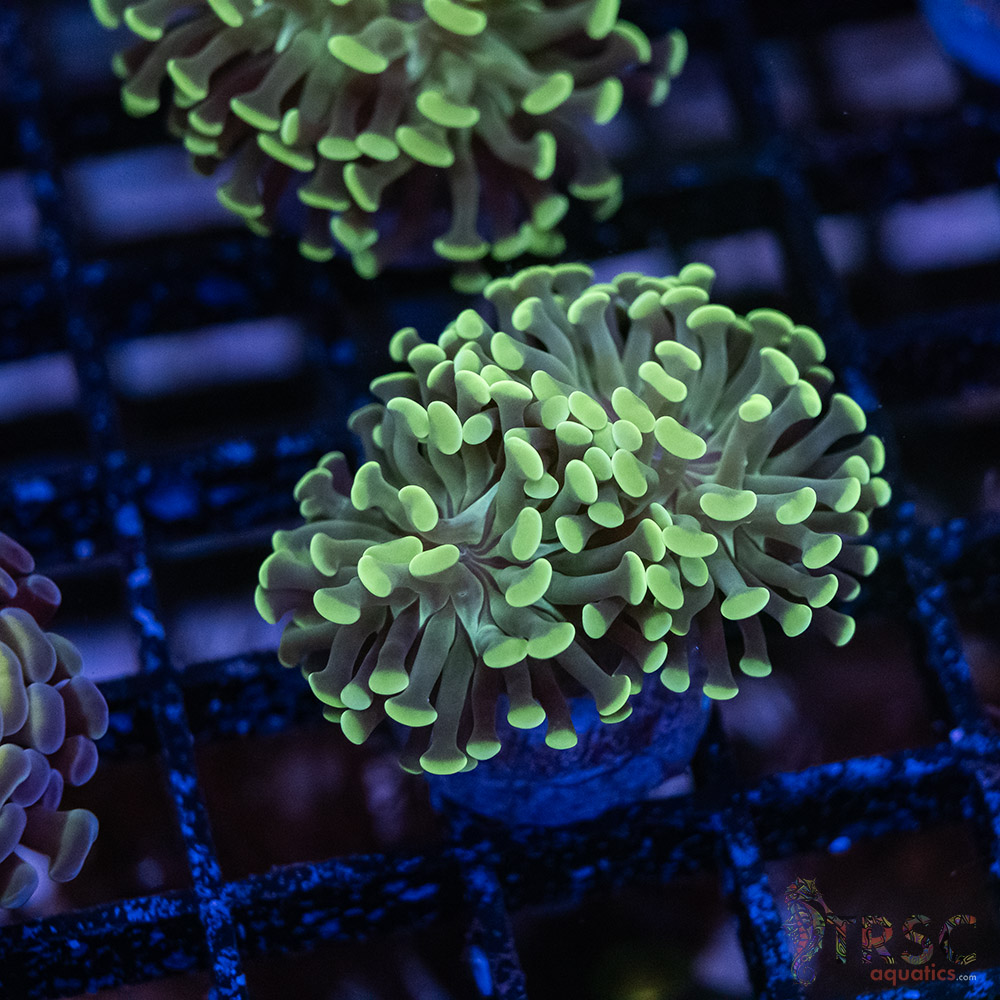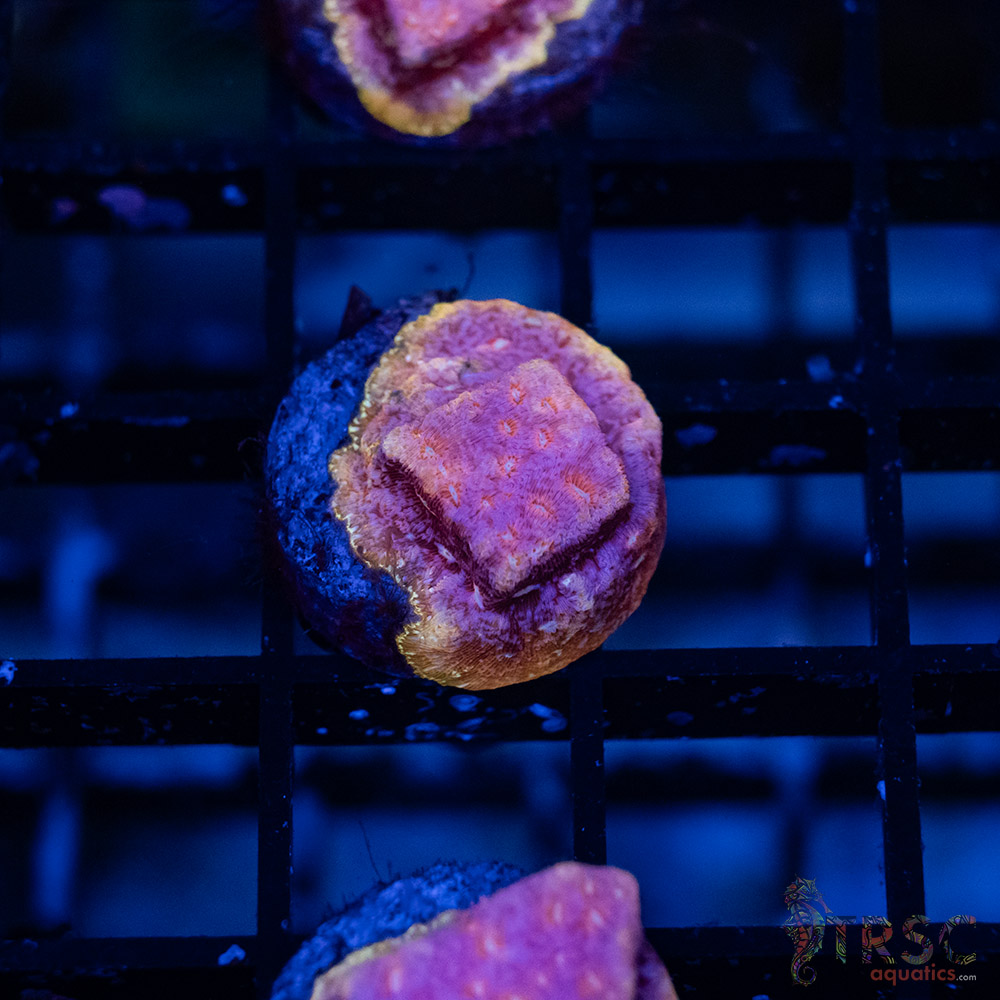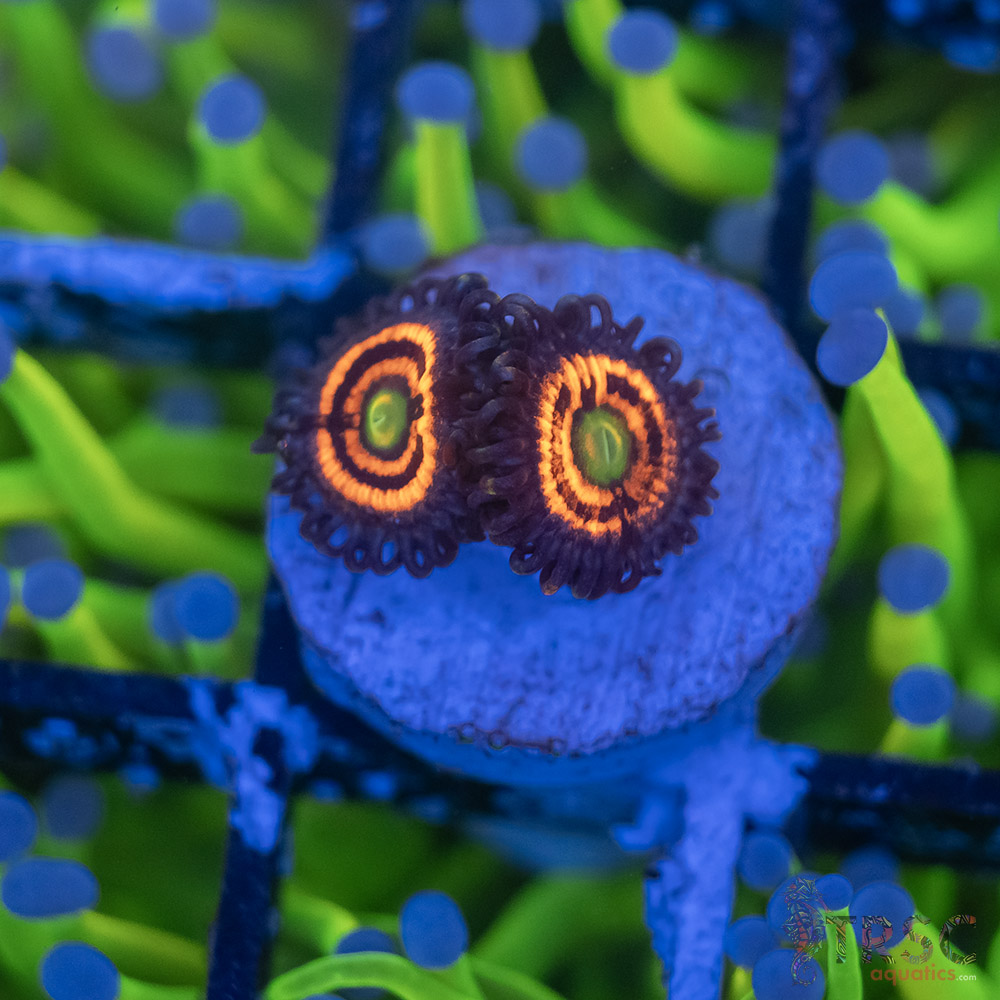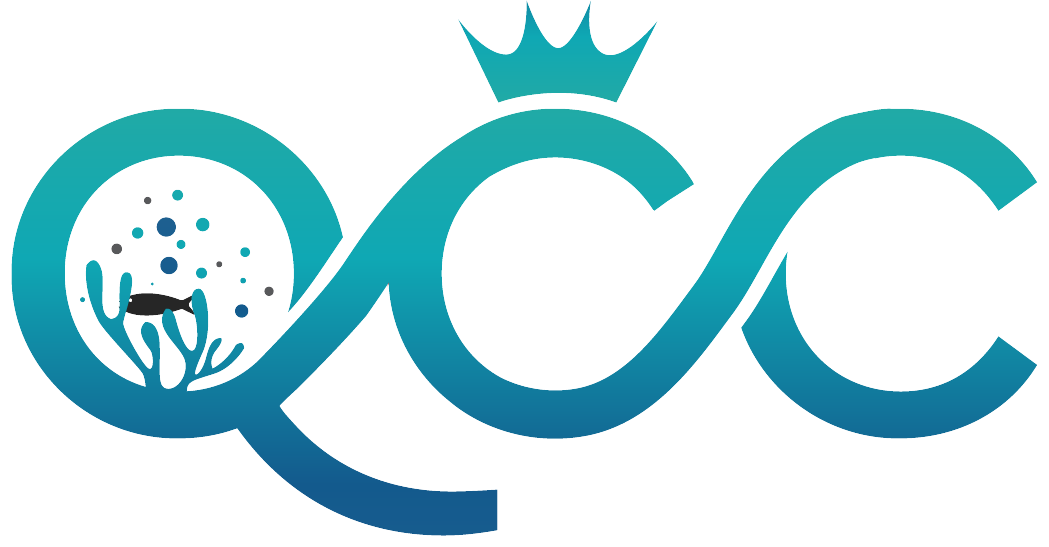Goni & Alveopora Coral Care Guide
Looking to add movement and color to your reef tank? Goni corals and Alveopora corals are stunning LPS species known for their flower-like polyps and mesmerizing sway. Here’s how to care for Goniopora and Alveopora coral successfully.
What Are Goniopora & Alveopora Corals?
Goniopora, often called Goni coral or flowerpot coral, features long, daisy-like polyps with 24 tentacles. Alveopora coral is similar in appearance but has 12 tentacles per polyp and is generally considered easier to care for. Both add dynamic movement and texture to reef aquascapes.
Ideal Tank Parameters
- Lighting: Moderate (80–150 PAR). Avoid sudden intensity changes.
- Water Flow: Moderate, indirect flow to allow gentle polyp extension.
- Temperature: 75–80°F (24–27°C)
- Salinity: 1.024–1.026 SG
- pH: 8.1–8.4
- Alkalinity: 8–12 dKH
- Calcium: 400–450 ppm
- Magnesium: 1250–1350 ppm
Placement Tips
Start Goniopora and Alveopora corals on the sand bed or lower rockwork. Gradually acclimate them to brighter light if needed. Ensure they have space to expand and avoid placing them near aggressive corals or direct flow sources.
Feeding & Nutrition
While photosynthetic, both Goni corals and Alveopora benefit from supplemental feeding. Offer:
- Phytoplankton and zooplankton
- Reef Roids or powdered coral foods
- Target feeding 1–2 times per week
Growth & Fragging
Goniopora and Alveopora corals grow slowly and can be fragged with a coral saw. Allow frags to heal in a low-flow, stable environment before returning them to the display tank.
Common Issues
- Polyp Retraction: Often caused by unstable parameters or excessive flow.
- Tissue Recession: May result from poor water quality or pest irritation.
- Brown Jelly Disease: Remove affected tissue and perform iodine dips.
